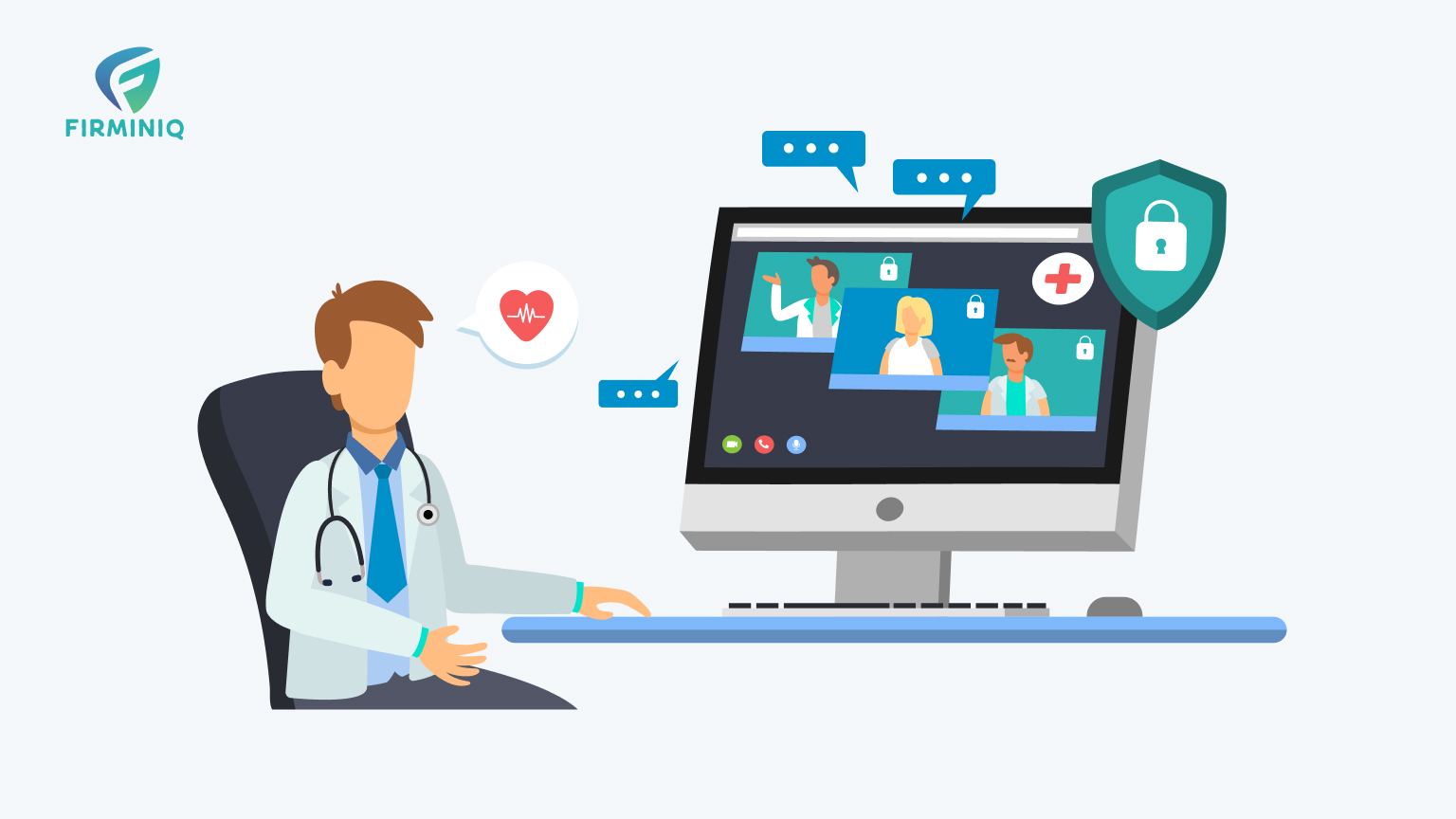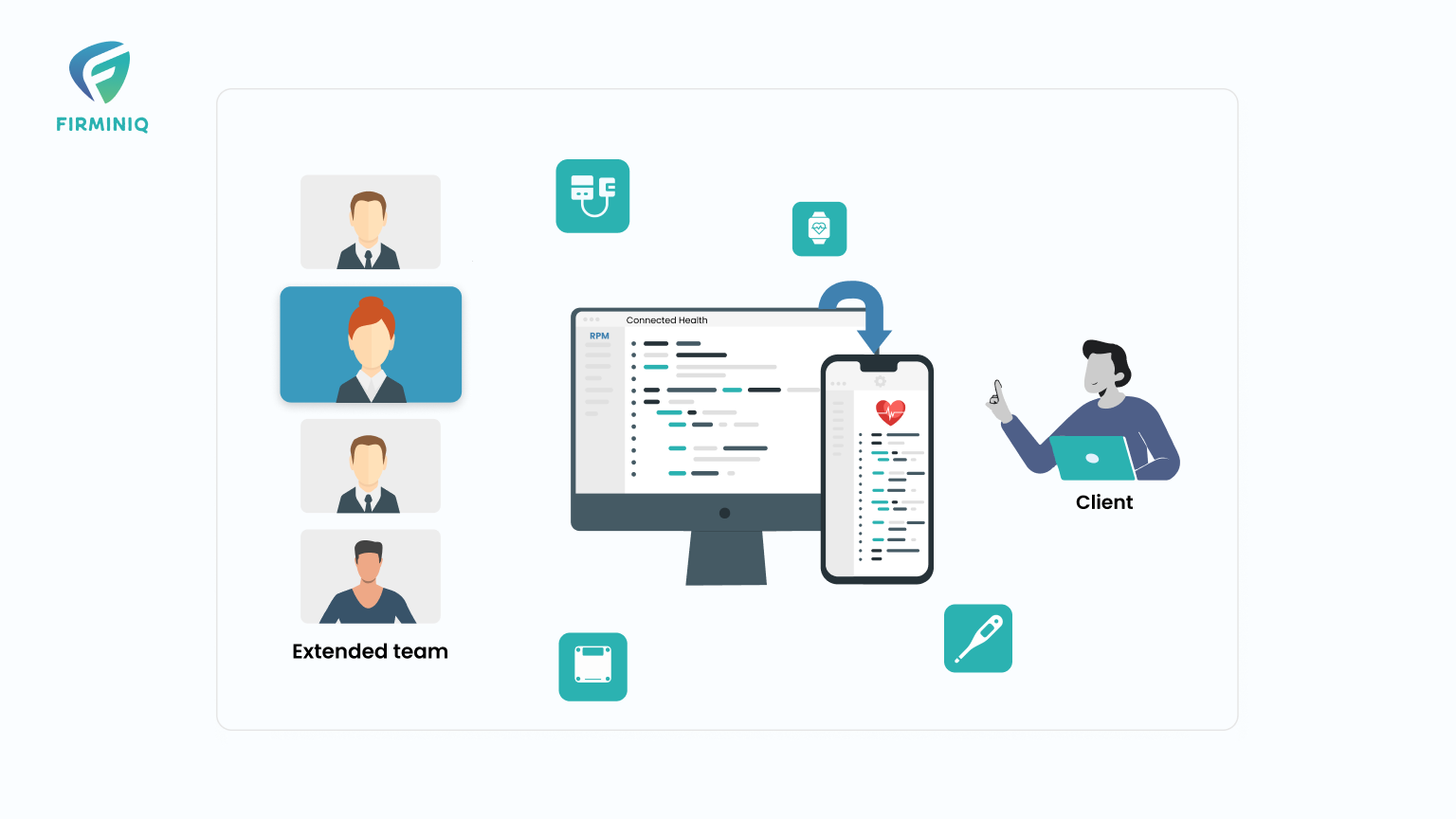The significance of digital solutions in the management of chronic conditions has increased through the integration of innovations that are becoming increasingly essential to patient care. From real-time monitoring to personalized care and proactive intervention, the influence of these digital solutions reshapes how chronic disease management is approached.
As these digital solutions progressively become essential components of patient care, the imperative to safeguard patient data assumes a paramount role. Ensuring patient privacy is not merely a consideration but holds prime importance in delivering effective and secure chronic disease management.
One of the examples that highlights the above statement is, “In May 2020, Blackbaud, the third-party vendor entrusted with housing a backup of Trinity Health’s donor database, encountered a ransomware attack. Despite Trinity Health’s efforts, alongside forensic experts and law enforcement, to prevent the ransomware attack, the hackers managed to extract a subset of data, including information associated with Trinity Health.”
This instance underscores the need to fortify data security measures to protect patient privacy and sustain the integrity of the chronic disease management process. Delve into the blog and uncover the strategies and practices that can be employed to fortify data security while ensuring that patient information remains secure and protected.
Data Security Practices that Help Eliminate Breaches
In the era of digital transformation, it is vital to safeguard sensitive patient information. Data breaches pose a significant threat to the organization, underscoring the need for robust data security measures tailored to chronic conditions. Here are the key data security components that play a role in getting rid of breaches and maintaining integrity in chronic disease management.
1. Ensure Encryption Protocols
Encryption stands as the cornerstone of data security in healthcare. It covers sensitive patient information into codes that are not readable during transmission and storage and can be decoded with the encryption key. As patient confidentiality is most important in healthcare, implementing robust encryption protocols ensures there is no unauthorized access to the data, and the information remains safe. Encryption acts as a protective layer against data breaches in healthcare.
Implementing state-of-the-art encryption algorithms fortifies data protection, crucial for managing chronic disease information securely.
2. Access Control: Regulating Entry for Authorized Users
To manage healthcare data, access control mechanisms are vital that help safeguard the patient’s sensitive information in chronic disease management. Implementing access control restricts data access for third parties and ensures it is exclusively for authorized personnel. There is a regulated entry control as the approach tailor’s data access as per the roles while ensuring to maintain the privacy of the patient.
One of the principles includes role-based access, that aligns with the individual’s roles and responsibilities in the healthcare organization. For example, in a healthcare organization administrative staff may only access the billing and other scheduling information.
Apart from role-based access, multi-factor authentication can be implemented, requiring multiple forms of identification including passwords, face recognition, biometrics, and others, to access crucial information.
Another approach includes granular access control that grants permission to access based on factors like roles, responsibilities, and sensitivity of data while ensuring that individuals can access only information that is required, leading to reduced misuse or data exposure.
3. Continuous Compliance Monitoring and Auditing
Healthcare organizations must adhere to regulatory requirements and industry standards, like HIPAA (Health Insurance Portability and Accountability Act), GDPR (General Data Protection Regulation), HITECH Act (Health Information Technology for Economic and Clinical Health) and more to demonstrate a commitment to protecting patient data.
Continuous compliance monitoring enables healthcare organizations to identify the risks and mitigate them accordingly. By monitoring data access and its usage, healthcare organizations can identify the violations of regulatory requirements and ensure proactive measures to address them.
Proactive risk mitigation strategies, enabled by continuous compliance monitoring, strengthen access controls and prevent future incidents, ensuring the integrity of chronic disease management practices.
4. Regular Software Updates and Patch Management
Software vulnerabilities or weaknesses in the software code arise when the attackers gain unauthorized access to the system and data is compromised. The vulnerabilities can be discovered by researchers to prevent malicious attacks. Therefore, it becomes vital to regularly update the software to fix the vulnerabilities and protect sensitive data.
By staying current with software updates and security patches, healthcare organizations can address known vulnerabilities and protect against potential security breaches. Implementing robust patch management processes ensures that software systems that support chronic disease management remain secure and resilient to evolving cyber threats.
5. Security Awareness and Training
Human errors and negligence are common causes of data breaches in chronic disease management. Therefore, training and educating employees is critical to guiding them about security, data protection and their role. Raising awareness among the teams and staff members ensures that organizations can reduce the likelihood of incidents. It includes guiding them about creating robust passwords, recognizing if anyone is trying for phishing attacks, identifying spam emails, or handling secure data efficiently are a few of the practices that can help minimize the risk of attacks.
Fortifying Patient Data Security in Chronic Disease Management
Safeguarding patient data in chronic disease management software is the key to maintaining patient privacy and the integrity of healthcare processes. Though the integration of digital solutions into healthcare brings numerous benefits, it also enhances the need to fortify data security measures.
Implementing robust encryption protocols, access control mechanisms, continuous compliance monitoring, regular software updates, and security awareness training are essential components in fortifying data security. By adopting these strategies and practices, healthcare organizations can effectively safeguard patient data, maintain compliance with regulatory standards, and uphold patient trust and confidence in the digital age.
Interested in developing a custom healthcare application with robust data security for your organization? Let us help you.







